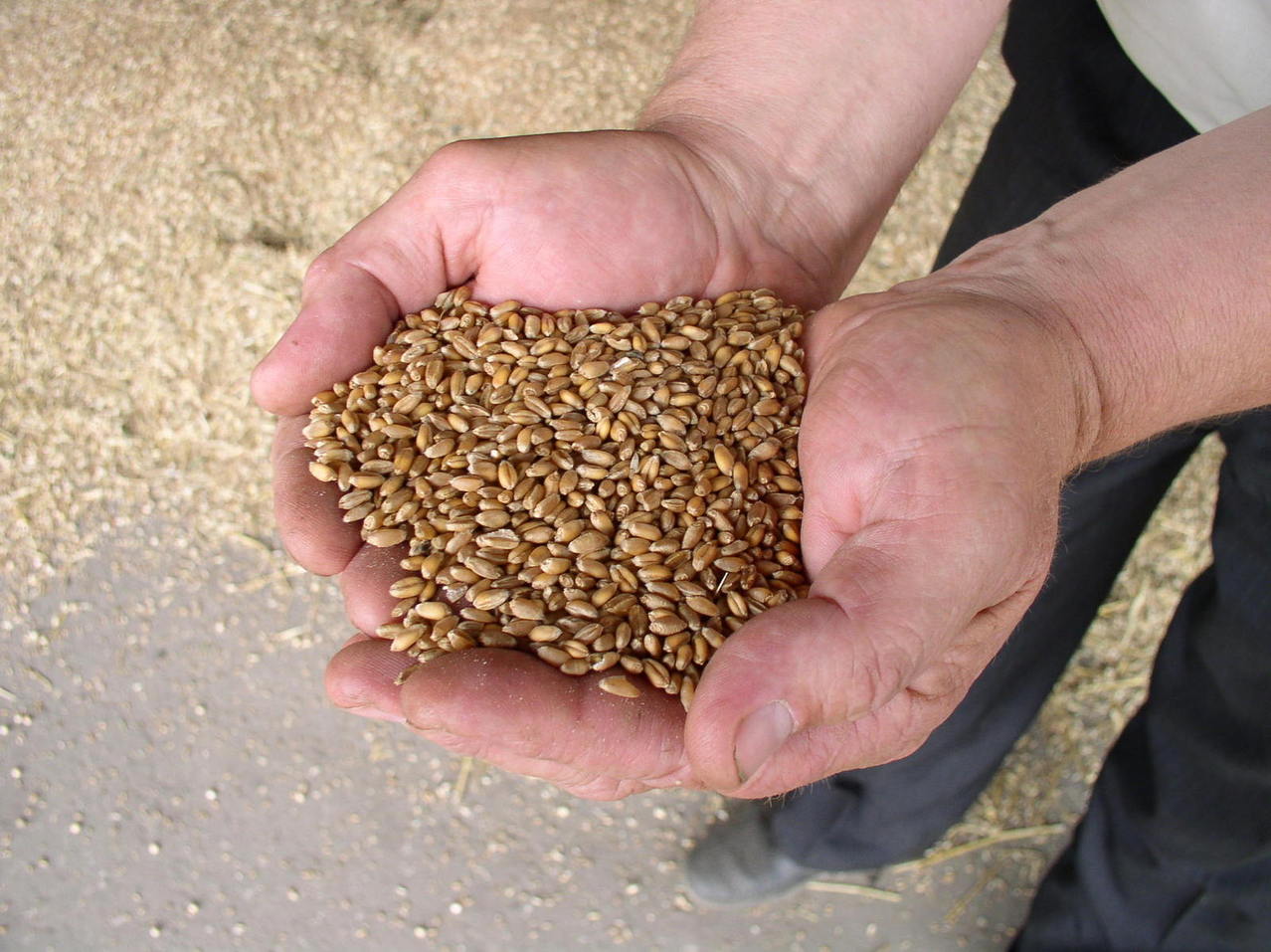Frequently Asked Questions About Gluten
Frequently Asked Questions About Gluten
Do you need more information about the gluten-free lifestyle? Find out about some of the frequently asked questions regarding gluten-free and discover some more information about this diet.
What is gluten?
Gluten is the protein found in grains such as wheat, rye, spelt, barley and its derivatives. Among these gluten-containing grains, wheat is the most common one and it usually used for making pasta, bread or pastries.
Gluten can be found in many types of food, even in some that you would not expect, such as sauces, hot dog sausages, hamburger patties or alcoholic drinks like beer.
Why gluten-free?
Gluten-free diets are very controversial these days. Some sources claim that gluten is safe for everyone except for people suffering from celiac disease or gluten sensitivity. Some other experts claim that gluten is harmful for our health and should always be eliminated from our diet.
According to a 2013 survey by The NPD Group, more than 30% of Americans are trying to cut gluten from their diet.
How do I know if I have celiac disease?
Most people who have celiac disease are undiagnosed. Celiac disease can be difficult to diagnose because its symptoms vary depending on the person. There are more than 200 known celiac disease symptoms. Depending on the stage of the illness, the symptoms may be different.
Some of the most common ones are abdominal bloating and pain, diarrhea, constipation, Attention Deficit Hyperactivity Disorder (ADHD), fatigue, vomiting, iron-deficiency anemia, bone or joint pain.
This information can help check how many typical celiac disease symptoms you may suffer with.
How can I tell what foods include gluten?
Adopting a gluten-free diet is easy if you know the basic rules. For instance, you should always remember which are the foods that have more possibilities to contain gluten:
-
Grains: wheat in all forms, barley, rye and its derivatives.
-
Meat, poultry, fish, seafood and vegetables when the breading is made with wheat.
-
Products that have been fried in the same oil as breaded products.
-
Beer if is not done with gluten-free grains
-
Processed food such as hamburgers, hot dogs or cheeses.
-
Seasonings, sauces, salad dressings, broths…
Always read labels as the majority of gluten-free products will be advertised as such.
Is gluten free healthy?
A gluten-free diet is not automatically healthy. You can still find gluten-free junk or processed food in the grocery stores. A gluten-free diet will be healthy if it combines in a balanced way all food groups and there is no lack of nutrients or vitamins.
A healthy gluten-free diet is very easy to follow if we understand which are the key nutrients our bodies need and where to find those nutrients on a gluten-free diet.
What is a gluten-free diet?
A gluten-free diet is a diet that contains gluten-free products such as fish, meat, eggs, fruits, vegetables, beans and gluten-free grains.
Processed foods are minimized and a clean eating lifestyle is followed which includes whole, healthy foods.
How can gluten be harmful?
You don’t have to suffer from celiac disease to have adverse reactions to gluten. Here are some of the ways gluten can be harmful for you:
-
Gluten can be associated with Autoimmune diseases.
-
Wheat gluten can be addictive, especially when it comes from processed foods.
-
Some brain disorders are associated with gluten.
-
People suffering from Irritable Bowel Syndrome (IBS) or other various digestive issues usually experience relief on their symptoms when they follow a gluten-free diet.
Who should eat gluten-free?
People suffering from celiac disease or gluten sensitivity clearly should go gluten-free as it is the only way to relieve their symptoms. But if you don’t have any clinical reason for going gluten-free you should know that going gluten-free is not just cutting out regular bread or pasta. Gluten is hidden in many other less common products such as soy sauces or salad dressings.
Anyone can follow a healthy gluten-free diet if they follow a clean eating lifestyle which focuses on whole foods from all food categories and a minimum in processed gluten-free products.
Are gluten-free products safe for individuals with wheat allergy?
Wheat allergy is often confused with celiac disease or gluten intolerance. People who are allergic to wheat often may tolerate other grains.
According to the nutritionist Maria Bez “People with wheat intolerance will still experience symptoms of intolerance from gluten-free products, as the remaining part of the wheat will be affecting them.
They may, or may not, be able to eat rye, barley and oats, that are part of the wheat family. The simple answer is that gluten-free products are not necessarily safe for people with a wheat allergy”
The above frequently asked questions are intended to clarify the most common basic questions related with a gluten-free diet. If you are interested in more information about this topic, you may find many interesting articles about gluten-free diet on our blog.
Or maybe you are looking for inspirational cooking ideas for your next gluten-free dinner? Then you should visit our recipe section!

